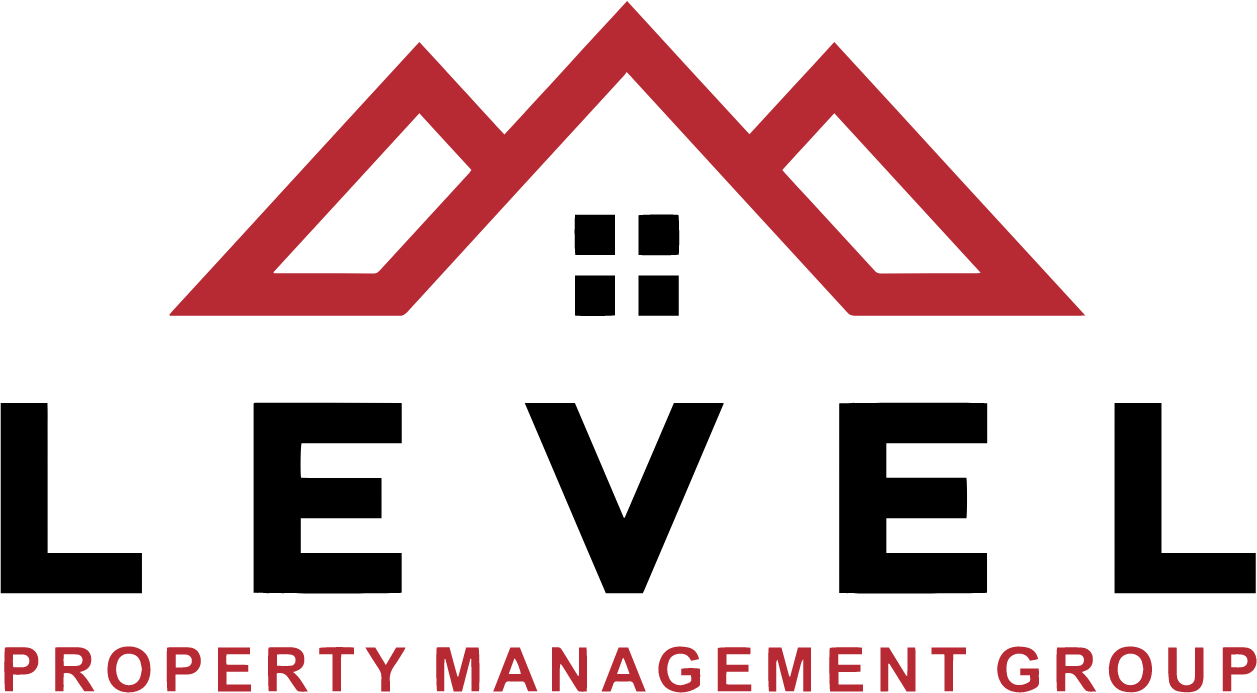Hiring the right property management company can be a game changer for property owners. Whether you own a single rental unit or a large portfolio of properties, having a reliable property management team in place can save you time, reduce stress and maximize your investment. But with so many options available, how do you choose the right company for your needs? At Level Property Management Group, we believe it’s essential to be informed. Here’s the ultimate checklist to guide you in hiring the best property management company for your investment.
1. Experience and Expertise
The first item on your checklist should be to assess the experience and expertise of the property management company. The company you choose should have a proven track record of managing properties similar to yours. Whether it’s residential or commercial, you want a company with relevant industry knowledge and hands-on experience.
Questions to ask:
- How long have you been in the property management business?
- Do you have experience managing properties similar to mine in size and type?
- What training or certifications does your staff have?
2. Licensing and Insurance
One of the most critical aspects of hiring a property management company is ensuring they are properly licensed and insured. A licensed property management firm is required to meet specific legal standards and regulations, which ensures they operate ethically and professionally.
Additionally, having proper insurance coverage (such as liability insurance) is crucial to protect both the property management company and the property owner from potential risks or claims.
Questions to ask:
- Can you provide proof of licensing and insurance?
- Are your employees bonded?
3. Service Offerings
Not all property management companies provide the same range of services, so it’s crucial to understand what’s included in their service package. Comprehensive property management should cover everything from tenant screening, rent collection, property maintenance and handling tenant disputes to financial reporting.
Questions to ask:
- What services do you provide and are they customizable?
- Do you offer 24/7 emergency maintenance services?
- How do you handle tenant screening and leasing?
4. Fee Structure
Understanding how a property management company charges for its services is essential to ensure you’re getting the best value for your money. Some companies charge a flat fee, while others take a percentage of the monthly rent. You should also inquire about additional costs, such as maintenance fees or vacancy charges.
Questions to ask:
- What is your fee structure?
- Are there any additional or hidden fees?
- How are maintenance and repair costs handled and billed?
5. Technology and Communication
A modern property management company should leverage technology to streamline operations and enhance communication. Look for companies that offer online portals for owners and tenants, making it easier to access financial statements, manage rent payments and track maintenance requests. Efficient communication is also crucial for keeping you informed about the status of your property.
Questions to ask:
- Do you offer an online portal for owners and tenants?
- How do you communicate with property owners and tenants?
- How often can I expect updates about my property?
6. Tenant Retention and Turnover Rates
One of the goals of effective property management is to minimize vacancy rates and retain good tenants. A company with high tenant turnover may indicate a problem with property management practices. It’s essential to find out how the company handles tenant relations and what strategies they employ to keep tenants satisfied.
Questions to ask:
- What is your average tenant retention rate?
- How do you handle tenant relations and disputes?
- What is your process for tenant eviction, if necessary?
7. Reputation and References
Always check the reputation of any property management company you’re considering. This includes reading online reviews, checking their rating with the Better Business Bureau and asking for references from current or previous clients. A well-established company should have no problem providing references.
Questions to ask:
- Can you provide references from current clients?
- Are there any testimonials or case studies available?
- Have you had any legal disputes with property owners or tenants?
8. Market Knowledge
A strong property management company should have deep knowledge of the local real estate market. They should be able to provide insight into local rent prices, market trends and how to attract quality tenants in your area.
Questions to ask:
- How well do you know the local real estate market?
- How do you determine the optimal rental price for my property?
- What strategies do you use to attract and retain tenants?
Choosing the right property management company can have a profound impact on your investment’s success. By following this checklist and asking the right questions, you’ll be better equipped to make an informed decision. At Level Property Management Group, we pride ourselves on our transparent practices, local expertise and commitment to excellent service. Contact us today to learn how we can help manage your property and ensure its long-term success.





